Peppermint Tea – Refresh Your Mind
From $29.88
Our Organic Peppermint Tea is a refreshing, caffeine-free herbal infusion that awakens the senses while bringing a deep sense of calm and clarity. Handpicked from pure, sun-drenched fields, each leaf captures the cooling essence of nature’s most soothing herb — peppermint.
This is more than tea — it’s a moment of mindfulness in a cup.
Product Inspiration and Origin
Mint tea is a pure, caffeine-free herbal tea sourced from nature. Made from refreshing mint leaves, it's naturally dried and lightly roasted, resulting in a light, refreshing aroma and cooling sensation.
It's more than just a refreshing drink; it's a daily ritual of healing and mindfulness.
In American culture, it's often considered a "wellness essential"—used to balance the body and mind, relieve stress, and enhance self-awareness.
Functions, Effects, and Uses
Relieves Stress & Enhances Mindfulness
Mint's natural aroma helps relax the nervous system, relieving anxiety and tension, making it an ideal choice for pre-meditation, pre-meditation, and evening relaxation.
Refreshing and Invigorating & Enhances Focus
Peppermint essential oil stimulates the senses, promoting mental clarity and sharp thinking, making it ideal for pre-work, study, or creative endeavors.
Aids Digestion & Reduces Stomach Upset
The natural mint content relieves gas, indigestion, and the greasy feeling after meals, making it the perfect after-meal tea. Naturally Caffeine-Free & Improves Sleep Quality
Caffeine-free, lightweight and effortless, it helps you calm down and fall asleep at night.
Cultural Convergence
Wellness & Self-Care Trend:
Mint tea is a daily "self-care tea" for many Americans, enjoyed during yoga, meditation, spa treatments, or reading, symbolizing inner balance.
Mindfulness & Calm Lifestyle:
The brewing and sipping process becomes a "mindful moment," reminding people to pause, breathe deeply, and return to the present moment.
Natural & Caffeine-Free:
Perfectly aligns with the "clean, caffeine-free, sustainable" wellness philosophy pursued by American consumers.
How to Enjoy
Morning Awakening: Refreshing mint aroma awakens the senses and mind
Before work/study: Enhances concentration and creativity
After-meal Digestion: Refreshes and removes grease, boosts metabolism
Before Bedtime Relaxation: Calms and soothes, helping you fall asleep easily
During Meditation/Yoga: Natural aroma guides deep breathing, bringing you to a calm and mindful state
Recommended for:
Those who frequently stay up late, consume greasy foods, or need to regulate their metabolism
Those who prioritize clean living, detox, and a healthy natural diet
Those enthusiasts of yoga, meditation, aromatherapy, and natural therapies
Modern urbanites seeking emotional balance and a relaxed lifestyle
As you watch the mint leaves unfurl in the hot water, inhale their fragrance, and feel the coolness spread throughout your body, you're practicing the art of returning to the present moment.
Mint tea isn't just a drink; it's a mindful reset—a cup of tea that revitalizes both body and soul.
China’s tea culture has a long and profound history, blending philosophy, art, etiquette, and lifestyle. The wisdom within the way of tea is vast—something we can spend a lifetime learning, experiencing, and practicing.
The art of tea is also the art of the heart. In truth, the process of making tea itself is a gentle form of meditation. Each time we brew and taste tea, we are given the chance to practice focus, cultivate mindfulness, and find inner peace. When we lift the teapot, pour the water, serve the infusion, and share the tea, our full attention rests on each delicate movement. In that moment, we are free from tomorrow’s work, the trivialities of daily life, regrets of the past, or uncertainties of the future.
At that very instant, we live wholly and purely in the present, honoring the here and now. You may notice the sound of water becoming clearer, the fragrance of tea more vivid and layered. Brewing tea is no longer just a mechanical act—it becomes a heartfelt communion with tea, allowing the spirit to find its resting place in the present.
How to Brew a Good Cup of Tea
A fine cup of tea requires not only quality leaves but also skill in brewing. If you feel that your tea-making has not improved, it may be due to overlooked details. The following guidance will help you quickly enhance your tea-brewing technique.
Step 1: Choosing the Teaware
Selecting the right teaware is the foundation of brewing good tea. Different materials include porcelain, clay, Yixing (purple clay), and glass; different shapes include small teapots, large teapots, gaiwan (lidded bowls), and cups. Here are recommendations:
Green Tea & Yellow Tea: Glass Cups
Glass cups showcase the beauty of tea leaves unfurling in water. Most green and yellow teas are delicate and cannot withstand high heat, so avoid teapots with strong heat retention like Yixing clay.
Black Tea: White Porcelain Gaiwan
Black tea should not be brewed with boiling water. A wide porcelain gaiwan dissipates heat quickly, allowing better control of steeping time. Keep the lid open after brewing to avoid sourness. A porcelain gaiwan also highlights the color of the tea.
Oolong Tea: Gongfu Teaware
Gongfu-style brewing, traditional in Fujian and Guangdong, brings out the tea’s aroma and flavor complexity. Small Yixing teapots or gaiwans are preferred for appreciating fragrance and subtle taste layers.
Dark Tea (Hei Cha): Yixing Clay Teapot
The porous structure of Yixing clay improves air circulation and refines the depth and rhythm of dark tea, softening any storage odors.
White Tea: Gaiwan or Brewing Pot
Silver Needle and White Peony require lower water temperatures and quick heat dissipation, best brewed in a gaiwan. Aged Shoumei or old white tea is more suitable for slow simmering in a small pot, enhancing its jujube and medicinal aromas.
Pu-erh Tea: Gaiwan or Yixing Teapot
For raw or ripe Pu-erh, a porcelain gaiwan reveals delicate flavors. Aged Pu-erh, however, benefits from Yixing teapots that mellow storage odors and make the liquor smoother.
Step 2: Preparing Water
Water quality greatly affects tea:
Purified water, mineral water, or filtered water are best. Tap water, being harder and sometimes chlorinated, can alter the taste.
Boiling water properly:
Always boil water to 100°C before cooling to the desired brewing temperature. Tang Dynasty tea master Lu Yu described three boiling stages:
1、Fish eyes forming with light sound.
2、Bubbling like spring pearls along the edges.
3、Rolling waves, surging and roaring.
Ideally, water should be taken off the boil at the second or just into the third stage for best vitality. Overboiling reduces oxygen, weakening the taste.
Recommended water temperatures by tea type:
1、Green & Yellow Tea: 80–90°C
2、Black Tea: Small-leaf 80–90°C; Large-leaf 90–95°C
3、Oolong, Pu-erh, Dark Tea: 100°C
4、White Tea: Tender types 80–90°C; Aged white tea 100°C
Step 3: Brewing the Tea
Measuring the Tea:Place an appropriate amount of tea into a tea holder to observe its shape and aroma before brewing.
Warming the Teaware:Pour boiling water into the pot or gaiwan, then into a fairness pitcher, then into cups. This prepares the teaware and helps release the tea’s fragrance when leaves are added.
Awakening the Tea:Quickly rinse the leaves with hot water (around 90°C). This softens and opens the leaves while washing away dust. Do not use boiling water, which can extract too much flavor.
Steeping:Adjust the steeping time based on tea type and your preference, gradually lengthening the time with each infusion. For teas that should not be brewed with boiling water, let the water cool in the fairness pitcher before use.
Brewing tea is not about rigid correctness—different people and methods bring out different nuances. By learning the basics, practicing with care, and brewing with mindfulness, you will always be able to enjoy a good cup of tea.
You must be logged in to post a review.
Free Shipping Over $90
Fast Guaranteed Delivery
Easy Returns & Exchanges
60,000 happy customers
Related Products
Awakened Dew White Tea—Wisdom awakening and spiritual clarity
From $30.00Natural Jasmine Tea
From $35.00Organic Dandelion Root-Nature’s Liver Guardian
From $38.00Vitality Ginseng Five Treasures Kidney Tea
From $15.00FAQs
Please read our Shipping and Returns page to find out more.
All our teas and accessories are made with natural materials — no artificial flavors or colors.
Orders are usually shipped within 7–30 business days. Delivery time varies by destination.
Store in a cool, dry place away from sunlight. Keep sealed to prevent moisture and odor absorption.
Our products are designed to support mindfulness rituals — helping you slow down and reconnect with the present moment.
If you are not happy with it, you can send it back within 30 days for an exchange or refund. No question asked.
Online Support
24/7 Email & If you have any questions, please feel free to contact us for answers.
Whether you have questions about our products, your order status, or need personalized tea recommendations — we’re happy to assist.
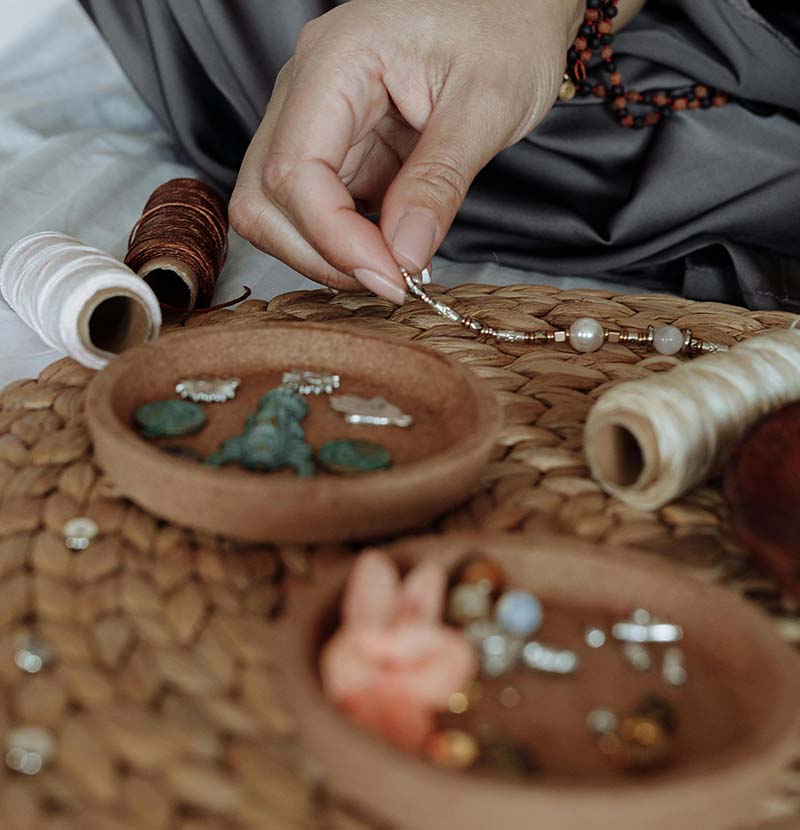
Bracelet Crafting: From Beads to Art
Meticulous bead selection, precise drilling, and skillful weaving—each step embodies craftsmanship. Through blending traditional techniques with contemporary aesthetics, scattered beads transform into refined handcrafted pieces imbued with cultural significance and artistic value.
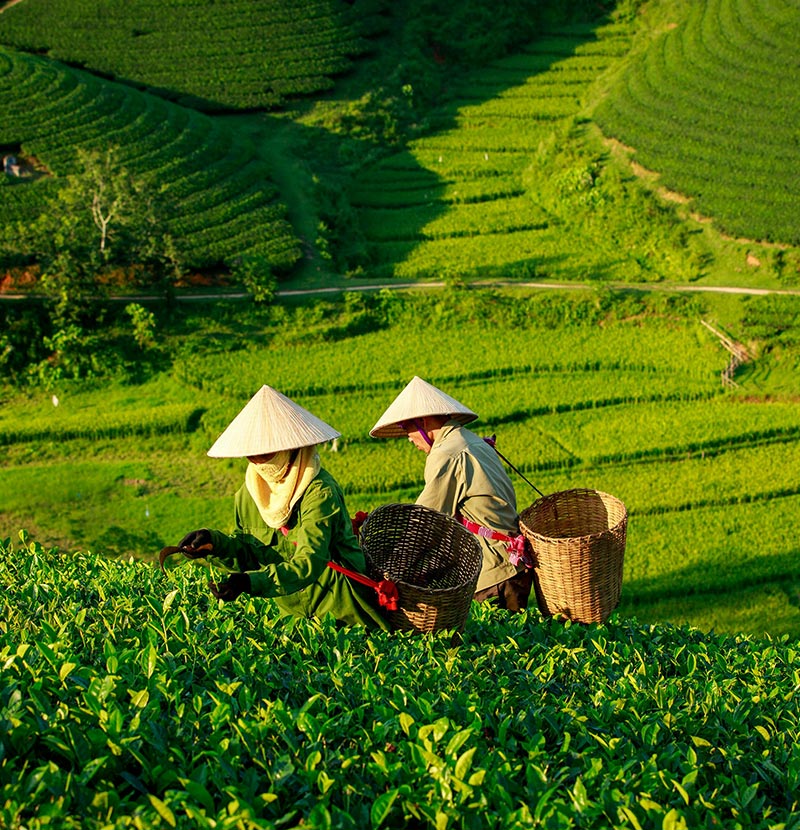
Tea's Eight Transformative Steps
From picking to production and then to packaging, tea must go through eight key processes: picking, withering, killing green leaves, rolling, fermentation, drying, screening, and packaging. Each step embodies the wisdom of tea farmers and ultimately presents a unique flavor and temperament.
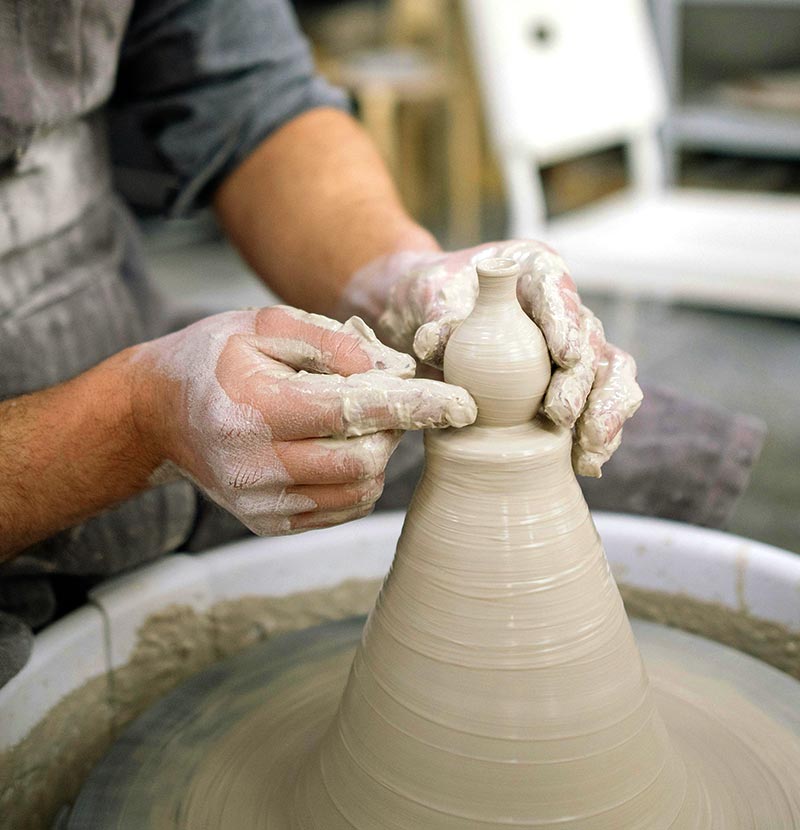
The Thirteen Steps of Jian Zhan Firing
Jian Zhan firing involves thirteen steps: ore selection, crushing, washing, proportioning, aging, mud refining, wheel-throwing, trimming, bisque firing, glaze application, loading, and kiln firing. Each tests craftspeople's skills, creating "enter one color, exit ten thousand colors."
FREE SHIPPING
Mockito official website offers free shipping on all orders over $90.
FAST SHIPPING
Express tracked shipping using DHL or similar internationally recognised courier service.
ONLINE SUPPORT
24/7 Email & If you have any questions, please feel free to contact us for answers.
100% PRODUCT SATISFACTION
We take pride in our work and guarantee you 100% product satisfaction.
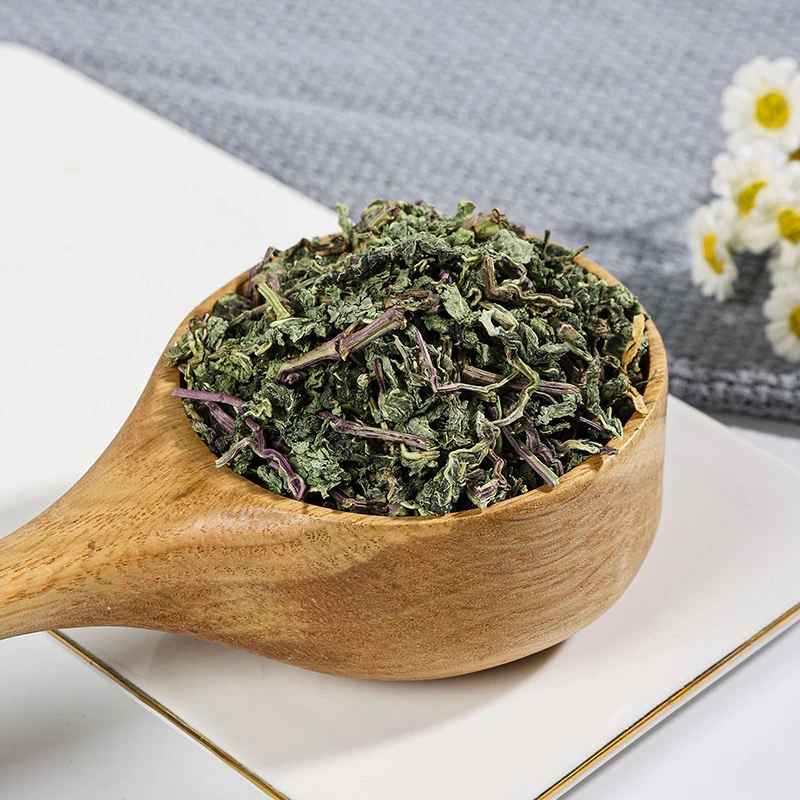
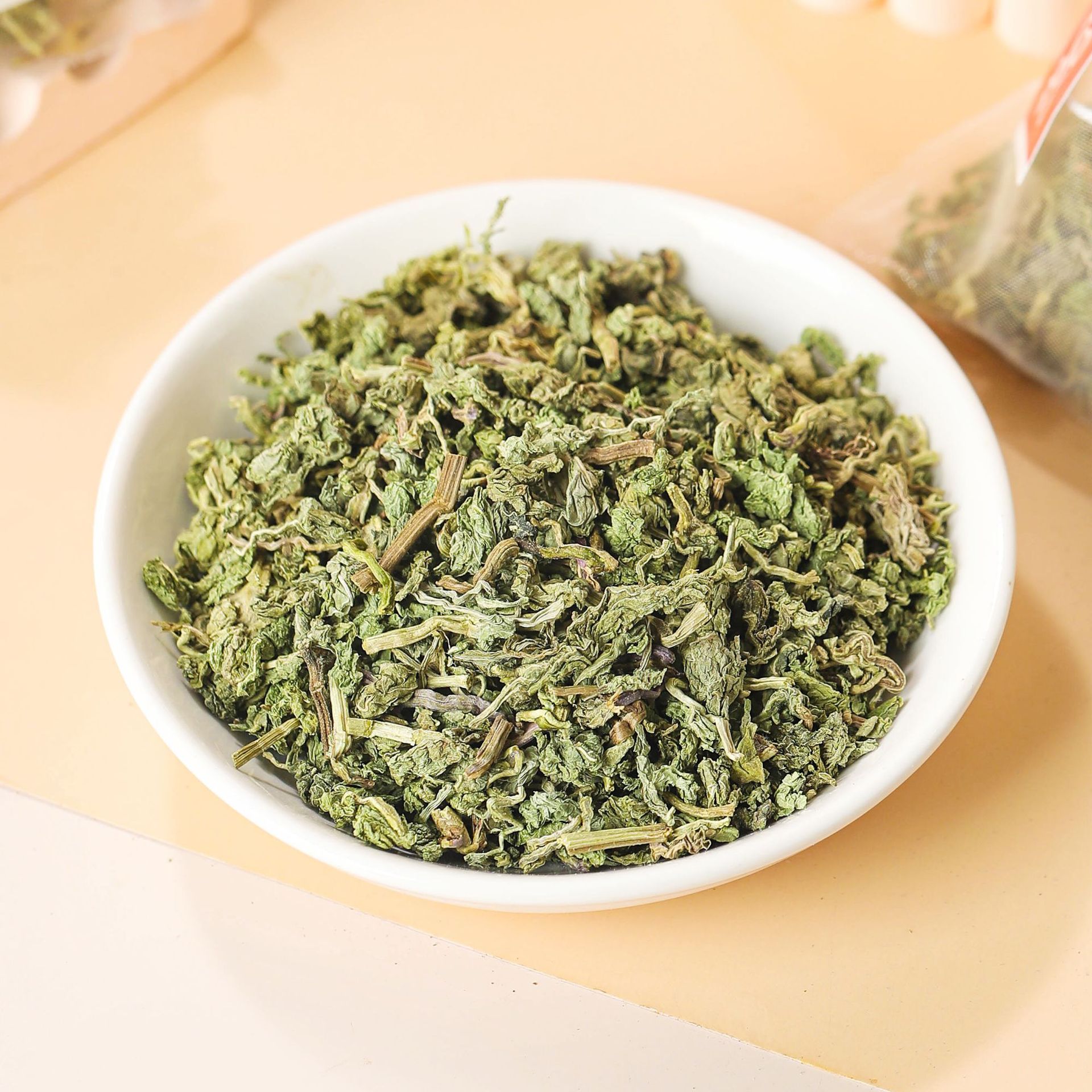
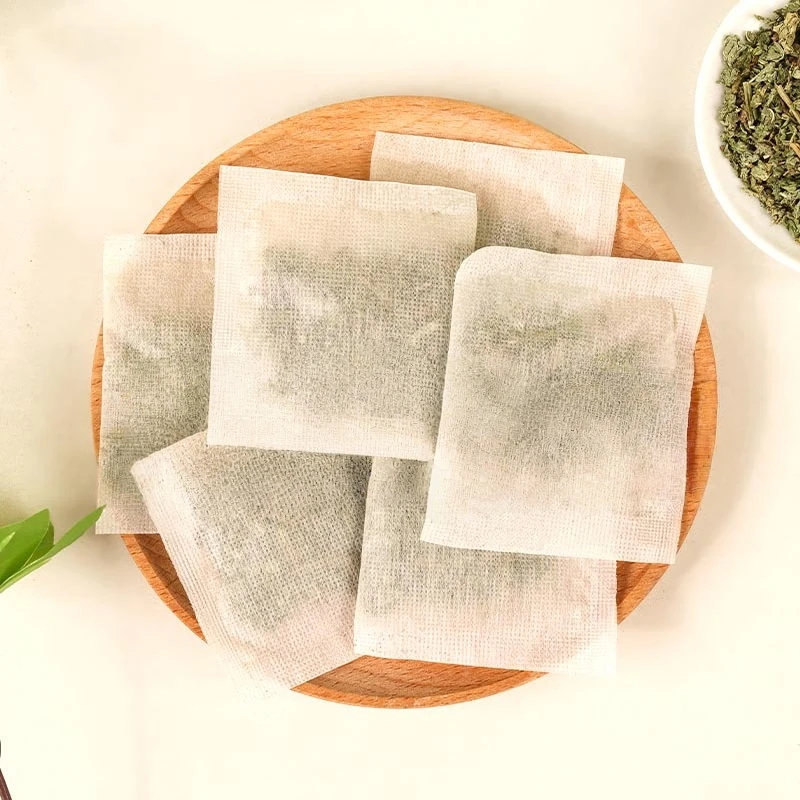
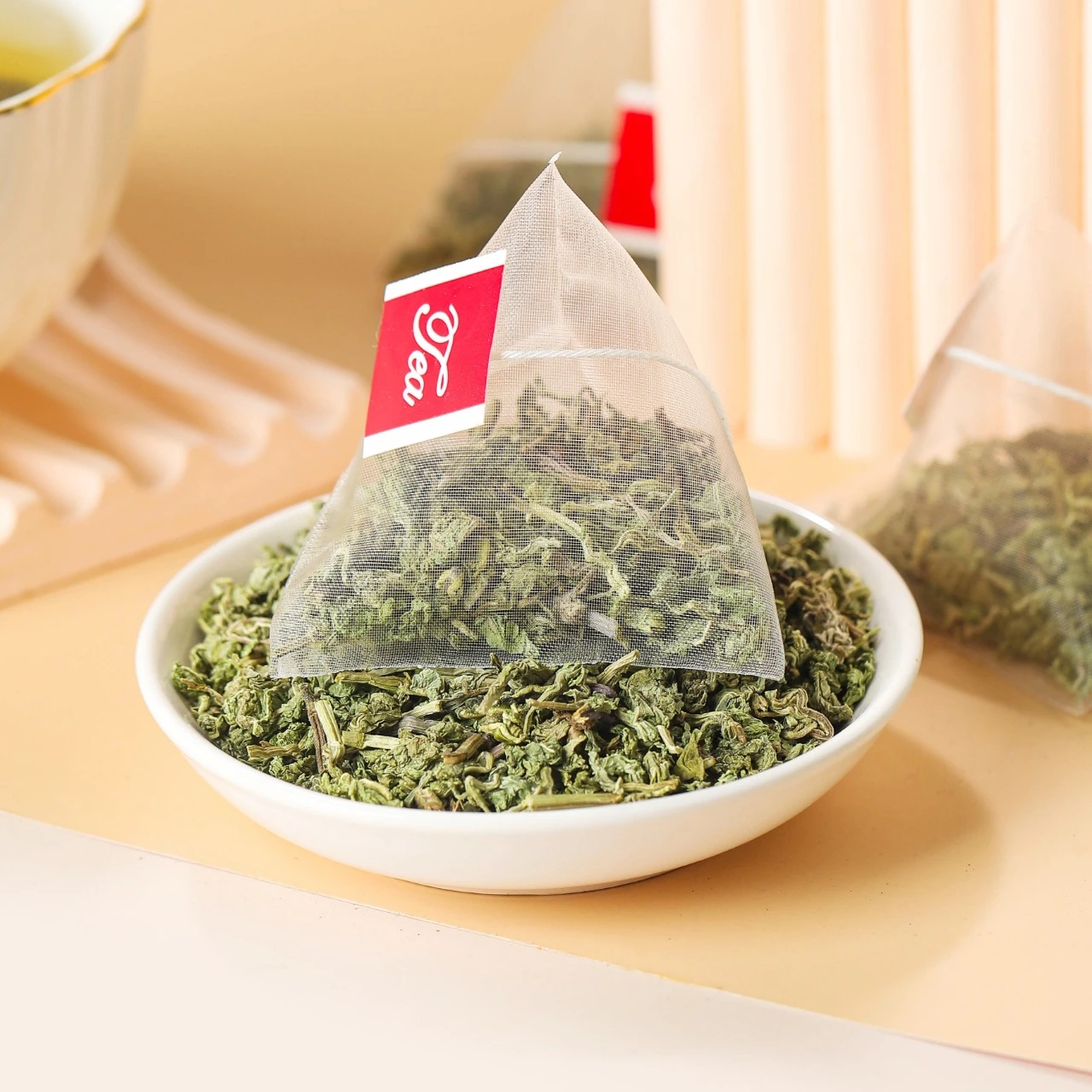
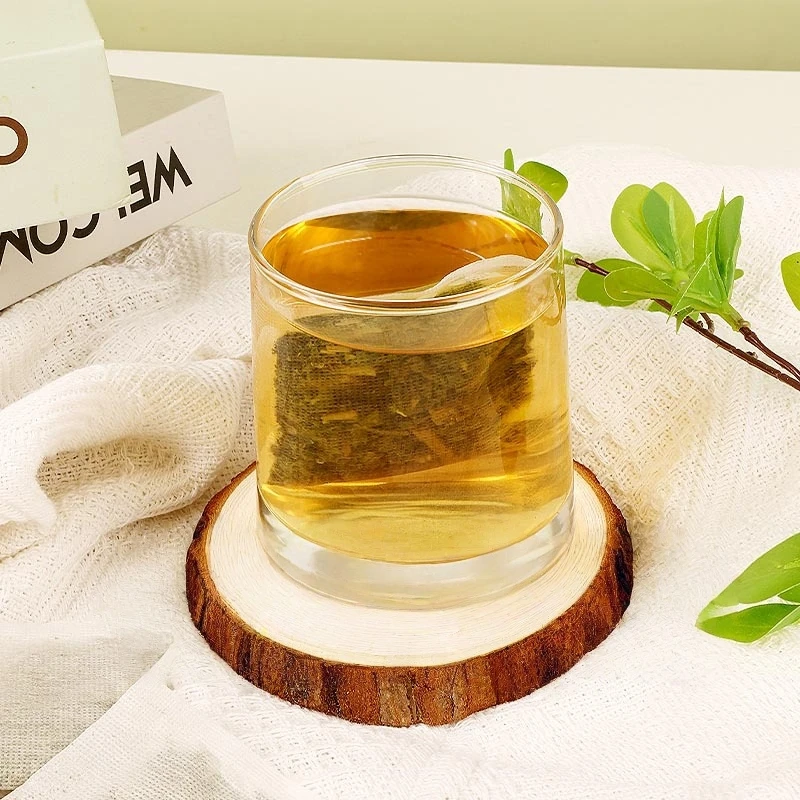
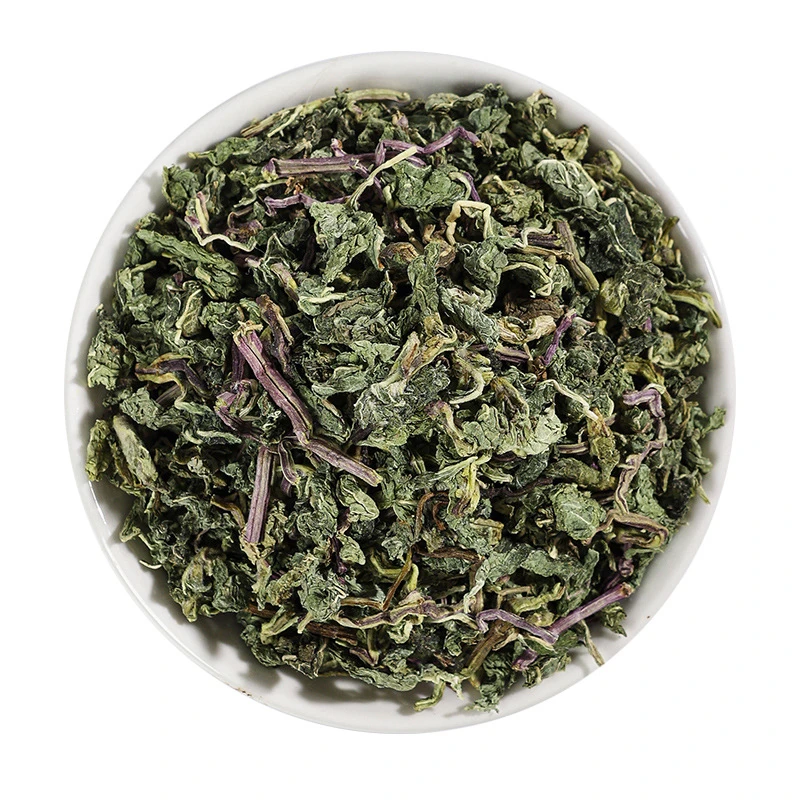
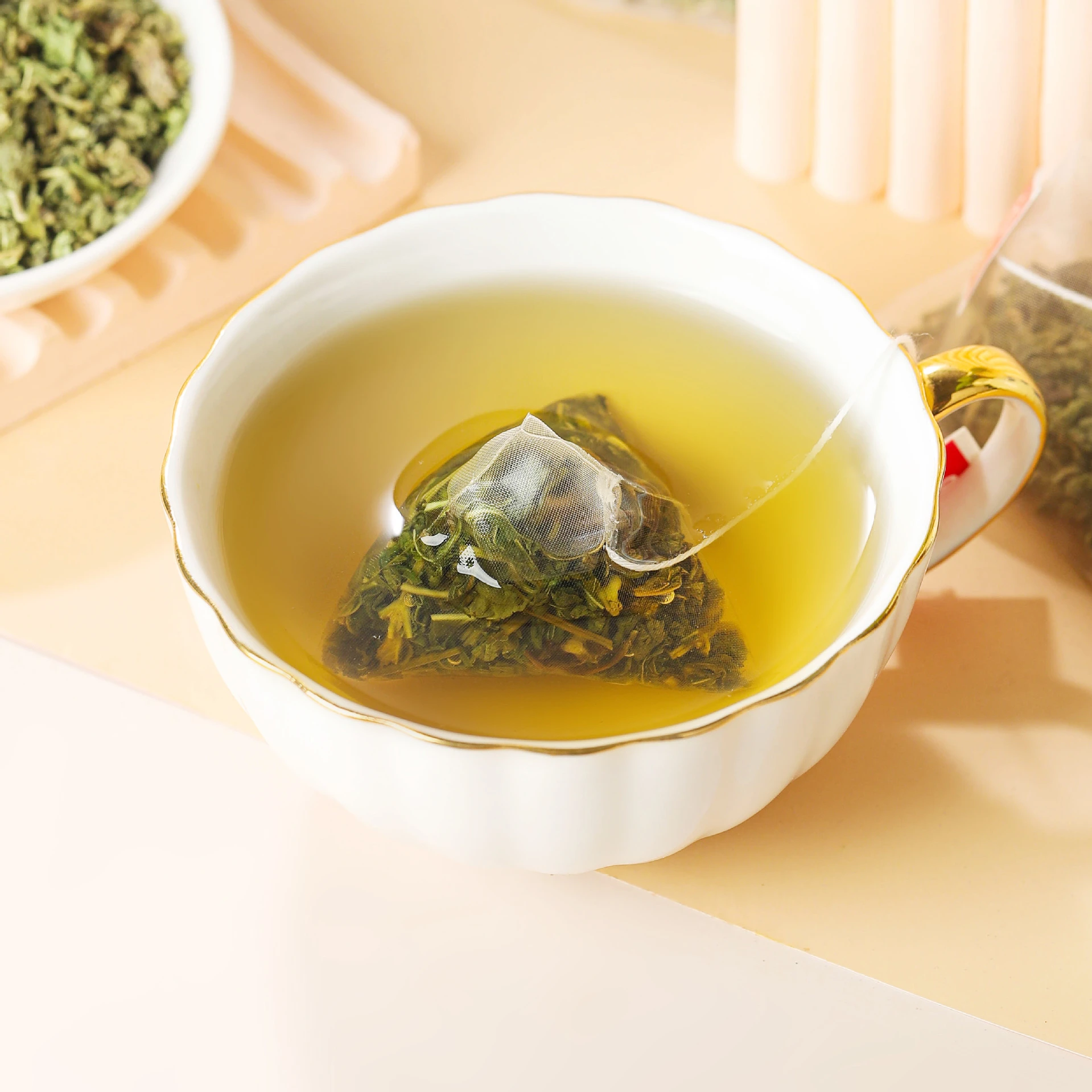
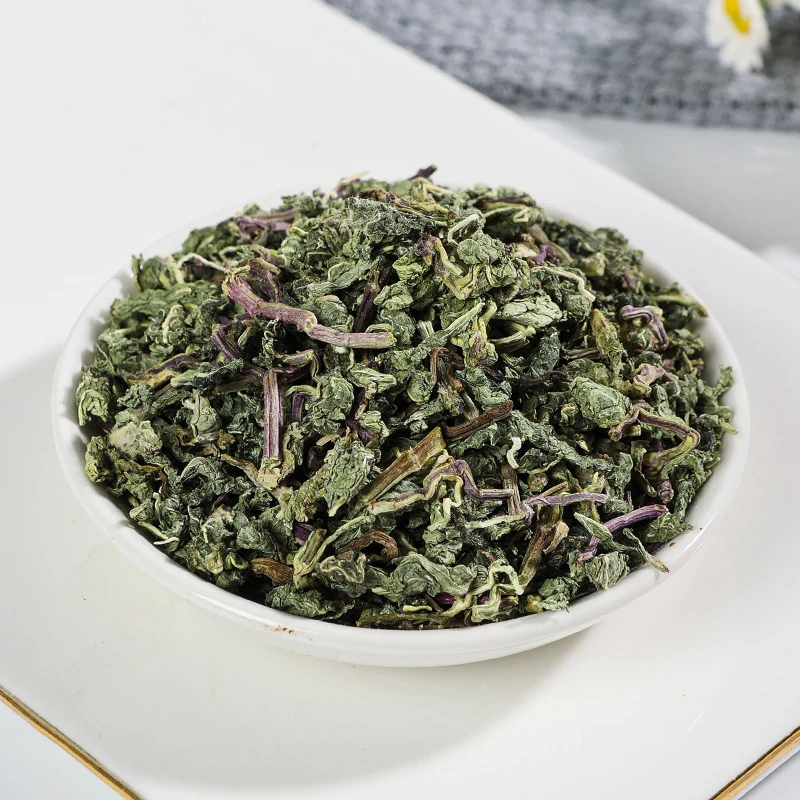
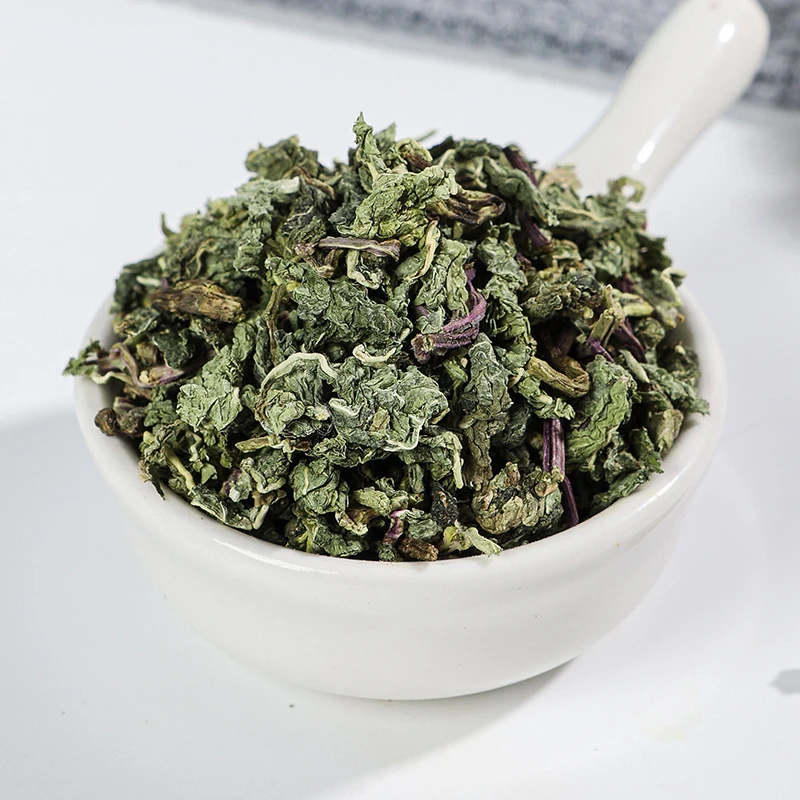
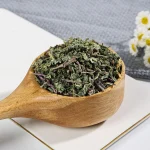
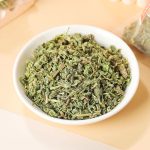
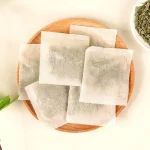
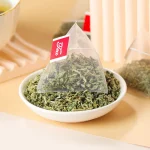
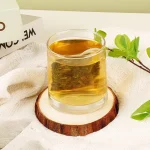
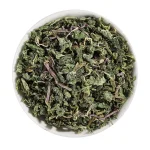
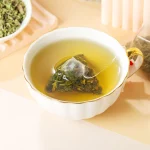
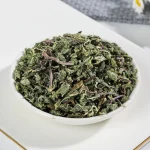
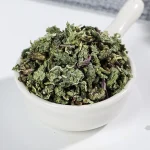
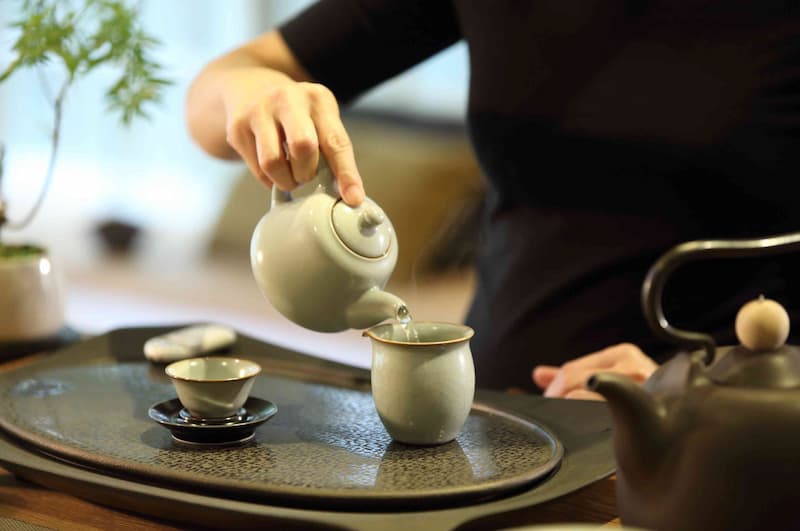
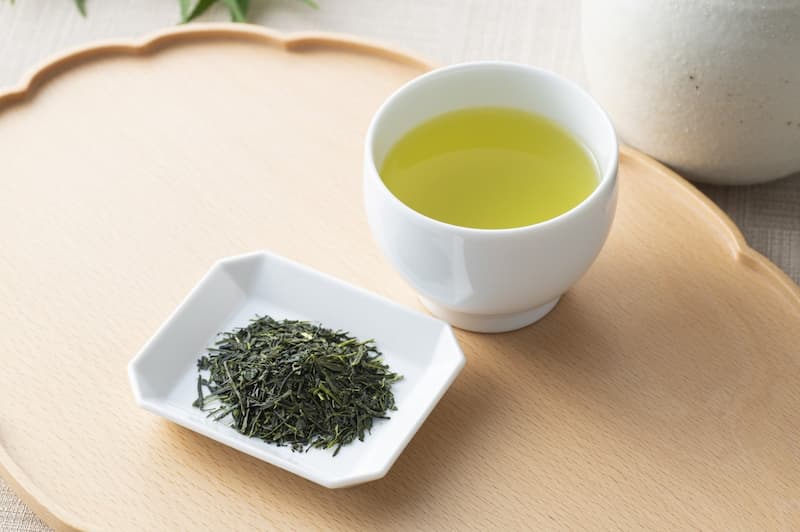
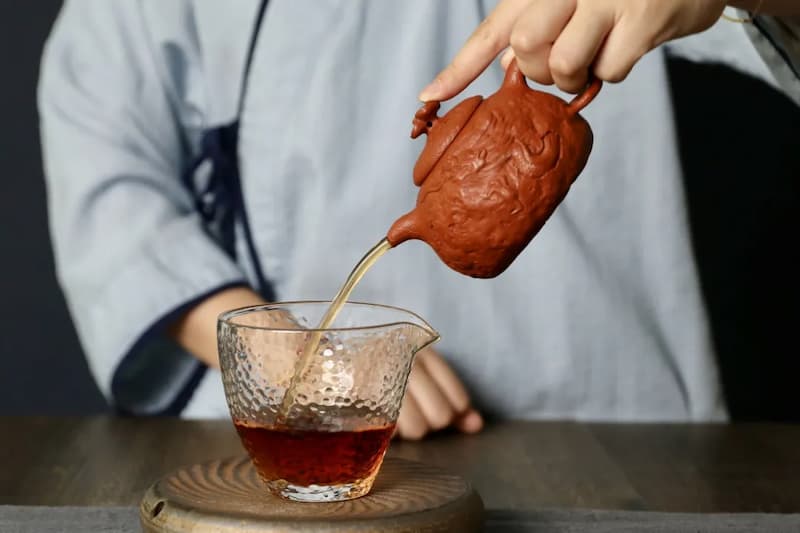

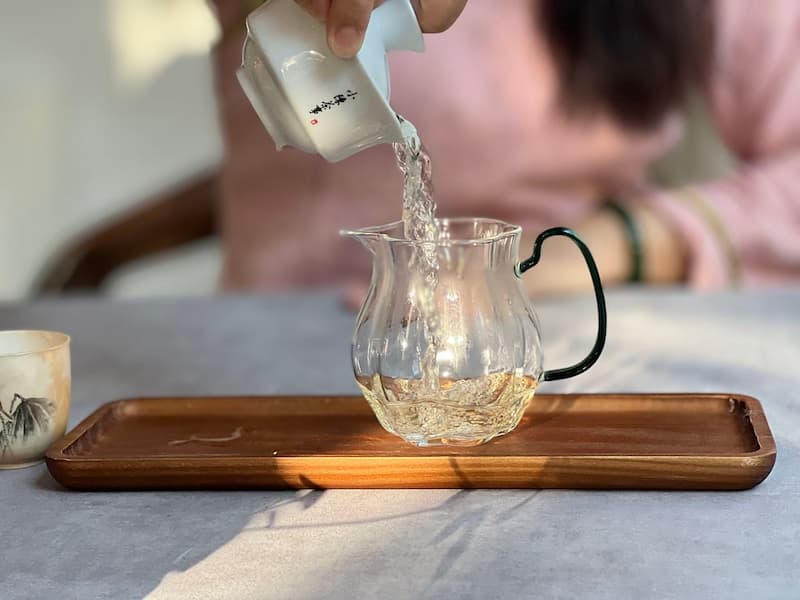
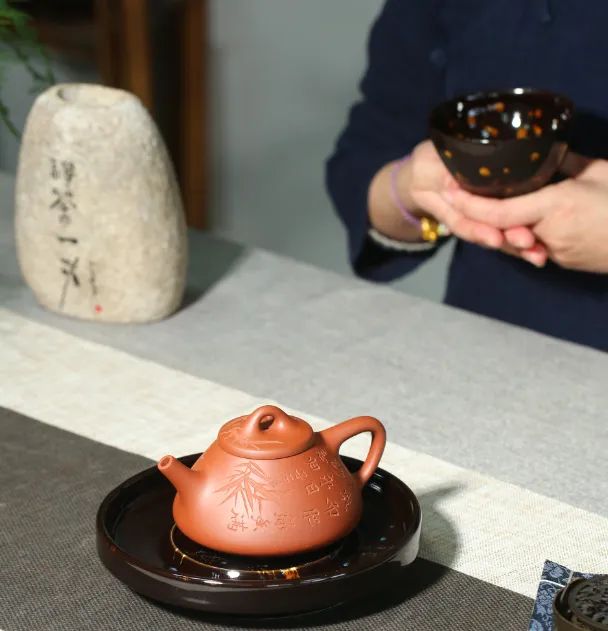
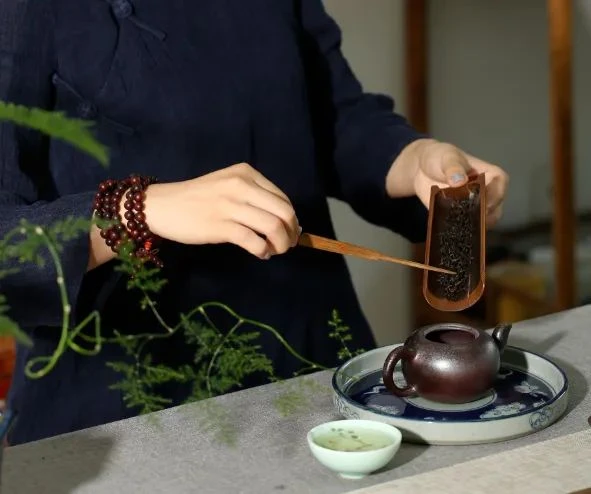
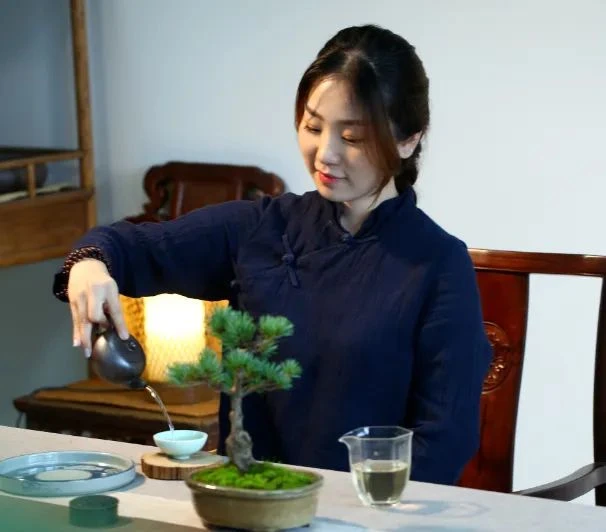
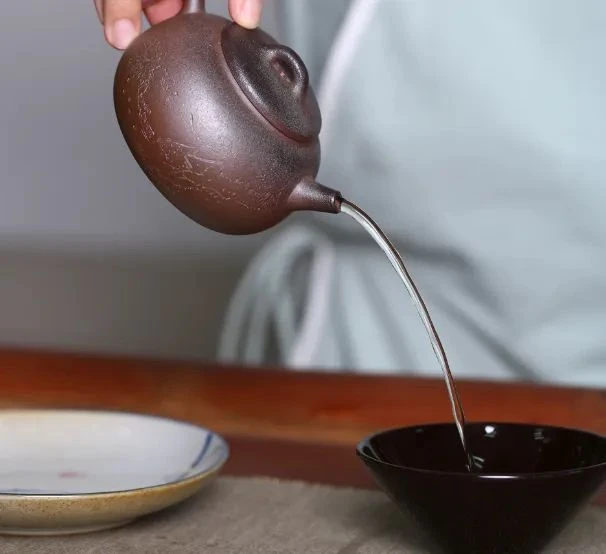
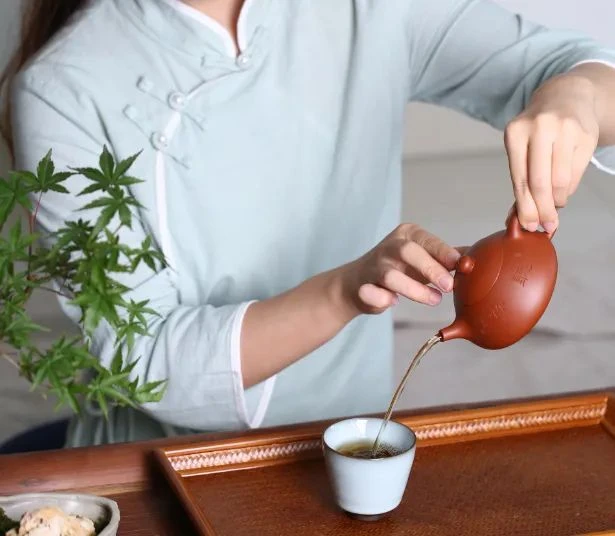


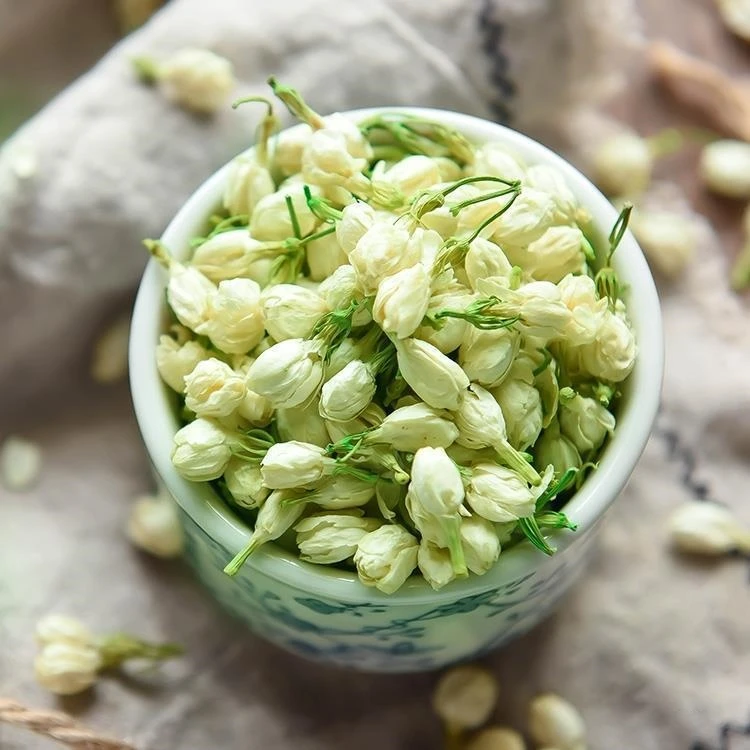

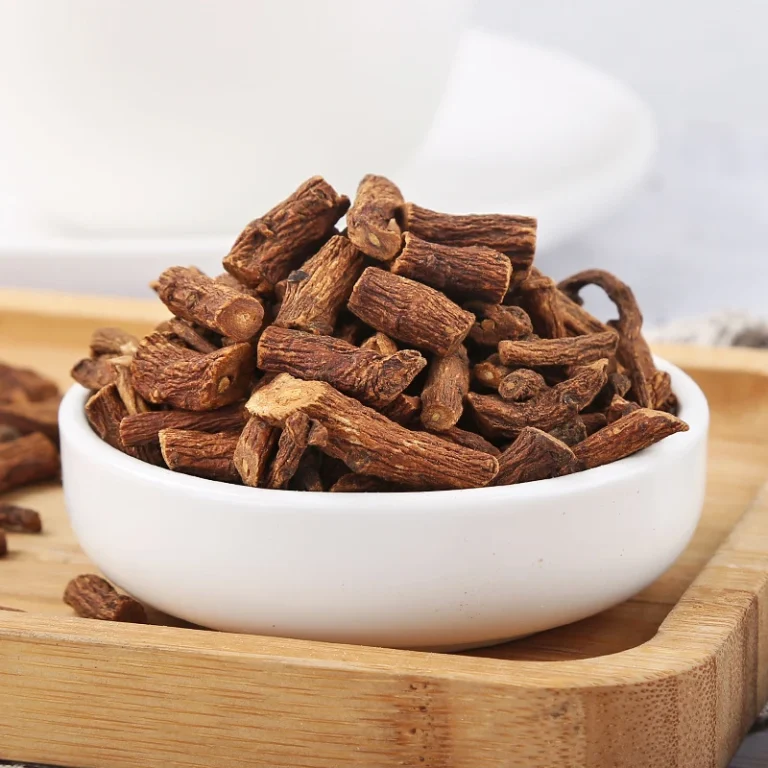
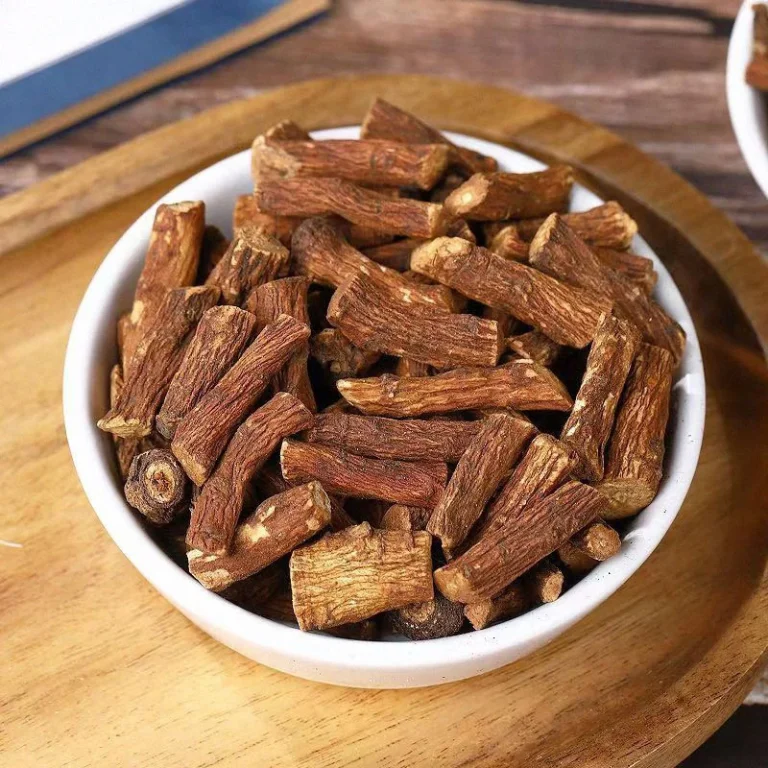
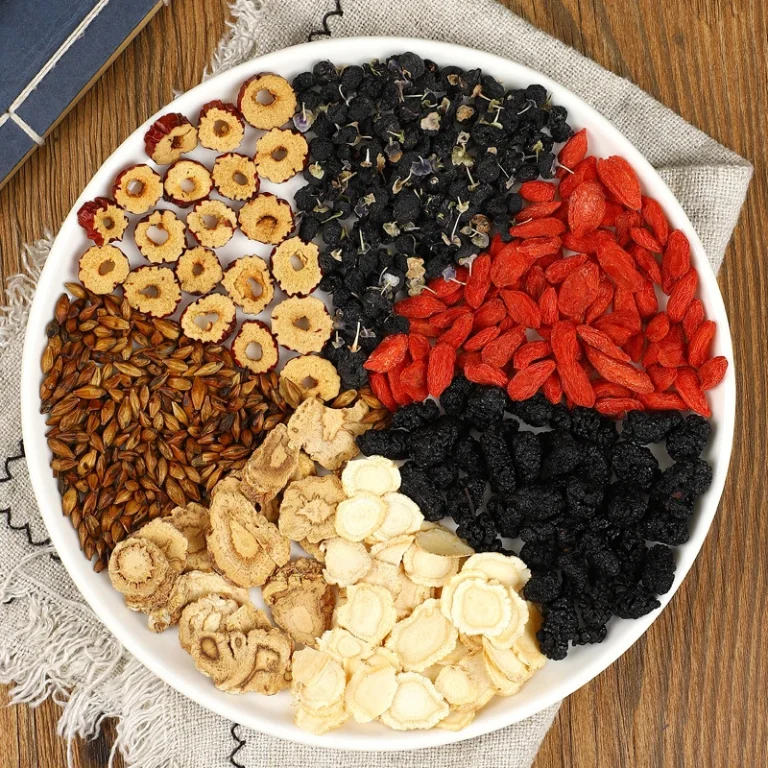
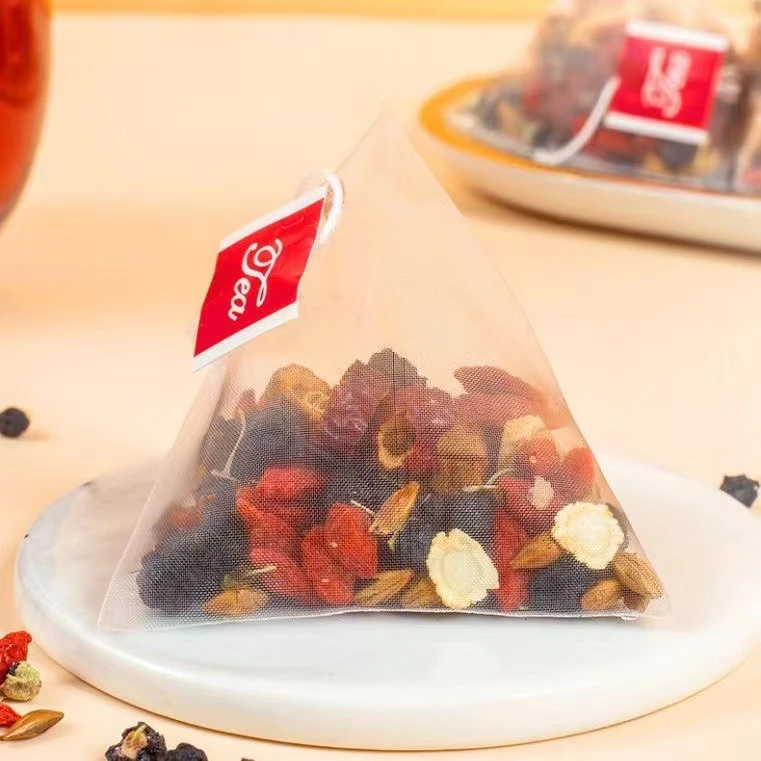
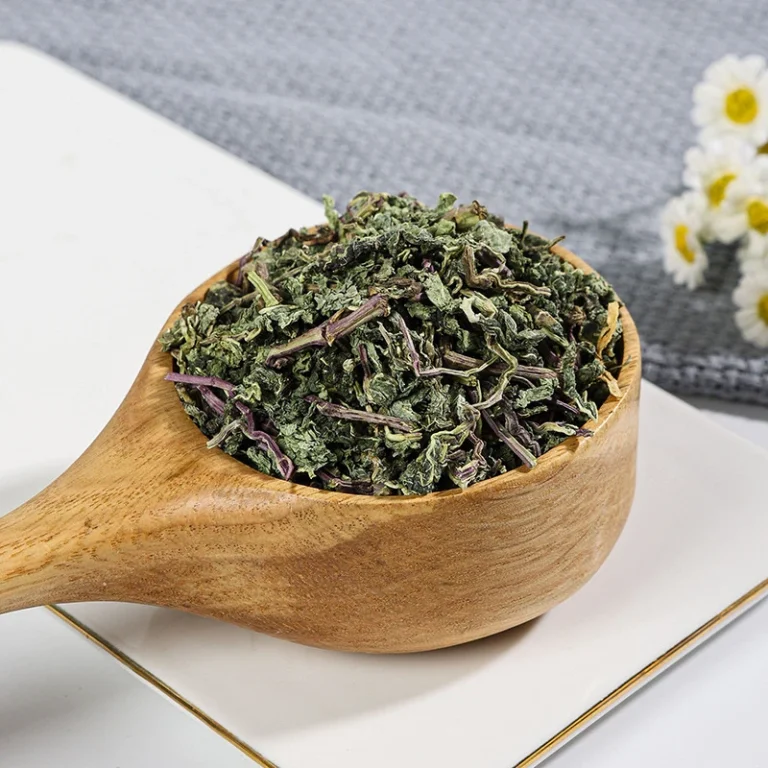
Reviews
There are no reviews yet.